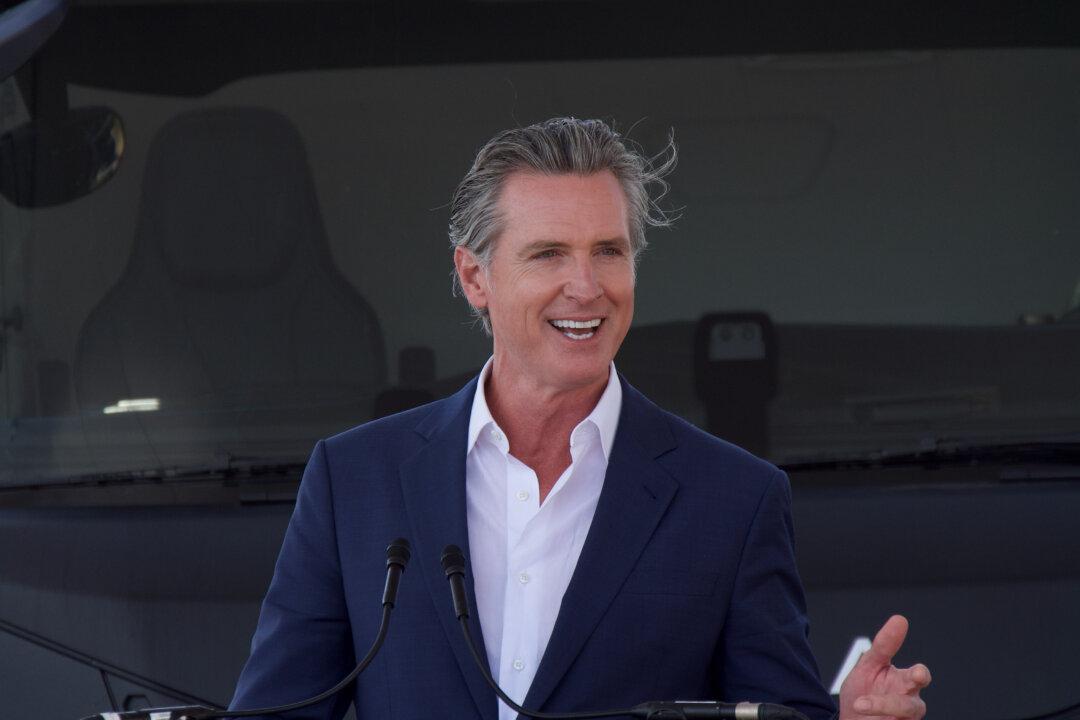SACRAMENTO, Calif.—Late on Aug. 31, the last day of the 2023-2024 legislative session, California Gov. Gavin Newsom ordered a special session to give lawmakers more time to pass legislation meant to mitigate gas price increases.
The Democratic leader of the Senate, President Pro Tem Sen. Mike McGuire, however, said some lawmakers have been working on lowering gas prices for months and that the chamber would not be following the governor’s order.





